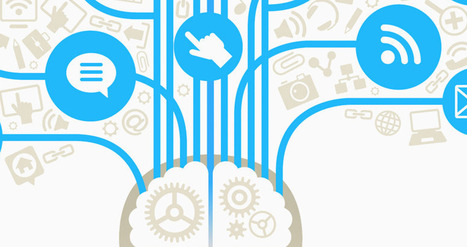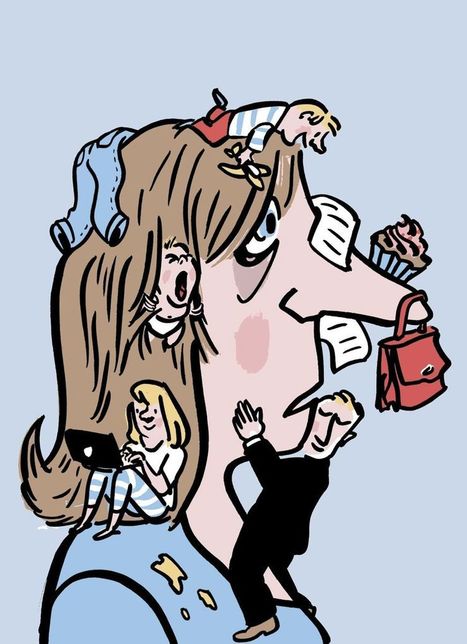I like being happy. I like it so much that I’ve made more than a few difficult career decisions in order to avoid things that make me unhappy — things like working with people who treat me badly, long days trotting after carrots that always seem to hang just out of reach, and countless hours on planes, trains, and buses. Each “I would prefer not to” came at a professional and financial cost. But, hey, I figured, I’ve only got one life.
So you can imagine the dismay I felt upon reading The Happiness Track: How to Apply the Science of Happiness to Accelerate Your Success (Harper One, 2016), by Emma Seppälä. In it, Seppälä, the science director of Stanford School of Medicine’s Center for Compassion and Altruism Research and Education, argues that the pursuit of happiness is actually a key to achieving professional success — not an obstacle to it.
Unlike much of the literature about happiness at work, The Happiness Track doesn’t approach its subject from an organizational perspective. There are no free lunches on offer. Instead, Seppälä focuses on six personal “strategies for attaining happiness and fulfillment [that] may, in fact, be the key to thriving professionally.” If you’re familiar with the discipline of Positive Psychology, it’s likely that you’ll have run across these ideas before: be in the moment; nurture your resilience; manage your energy; access your creativity; be good to yourself; be compassionate.
Via
The Learning Factor



 Your new post is loading...
Your new post is loading...



























